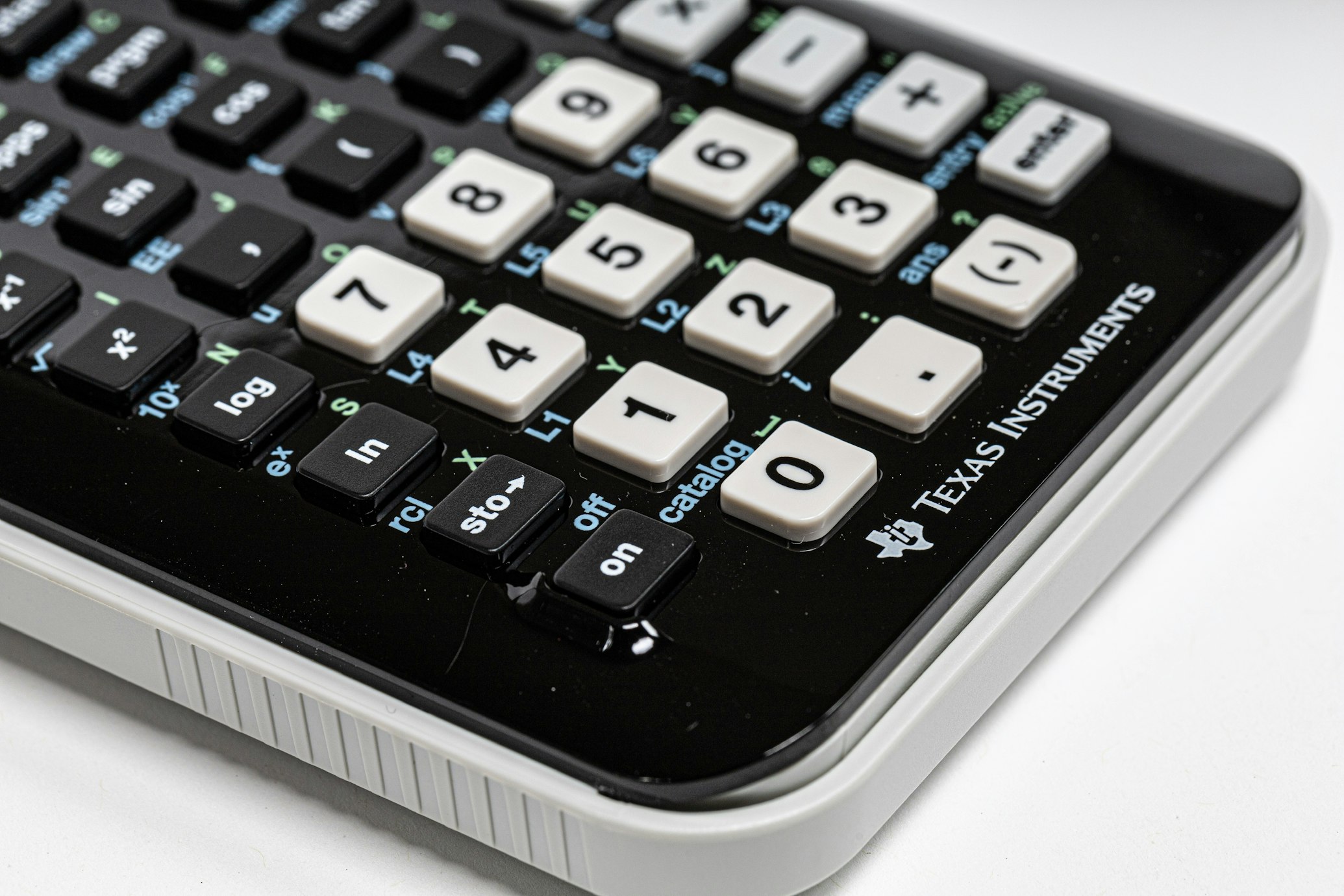Importance of an Emergency Fund: Why You Need One and How to Build It
Are you prepared for unexpected expenses? Life’s unpredictability means you could face a car breakdown or medical emergency. These events require immediate funds and can disrupt your financial stability. This is where the importance of an emergency fund comes in. It acts as a financial safety net, shielding you from debt during unexpected situations. Having one is essential for a solid financial plan. Building an emergency fund is important for everyone, regardless of age or income level.
In this post, “The Importance of an Emergency Fund: Why You Need One and How to Build It,” we’ll explore why the importance of an emergency fund is vital. We’ll also provide steps to help you build one, even with tight finances. Prepare for the unexpected because the importance of an emergency fund cannot be overstated.
Understanding the Concept of an Emergency Fund
An emergency fund is an essential part of financial planning, offering a safety net for unexpected situations. Here’s a breakdown of why it’s so important and how to build one:
The Benefit: Having an emergency fund provides peace of mind, knowing that you’re financially prepared for the unexpected.
What It Is: An emergency fund is a financial safety net that helps cover unexpected expenses or income loss.
Recommended Savings: It’s suggested to save three to six months’ worth of living expenses in your emergency fund.
What It Covers: It’s designed to cover essential costs like rent, groceries, utilities, and unexpected expenses such as medical emergencies or car repairs.
Why It’s Important: The emergency fund prevents you from taking on high-interest loans or depleting your savings in times of crisis.
Building Your Fund: Regularly set aside a portion of your income into an easily accessible account to gradually build your emergency fund.
Why is Having an Emergency Fund Important?
Having an emergency fund is essential for long-term financial stability and peace of mind. Here’s why:
- Protection Against Unexpected Expenses: Life is unpredictable, and an emergency fund helps you handle unexpected costs like medical bills, car repairs, or job loss.
- Avoid High-Interest Debt: Without an emergency fund, individuals may need to rely on high-interest credit cards or loans, leading to potential debt accumulation.
- Financial Safety Net: An emergency fund acts as a cushion, providing security and preventing you from jeopardizing your financial stability during tough times.
- Financial Resilience: By building an emergency fund, you develop the ability to face unexpected financial challenges with confidence and ease, knowing you have a backup plan.
- Peace of Mind: Regularly contributing to your emergency fund ensures peace of mind, knowing that you are financially prepared for whatever life throws your way.
An emergency fund is the foundation of financial resilience, helping you navigate uncertainty without disrupting your financial well-being.
Determining How Much You Should Save in Your Emergency Fund
When deciding how much to save for your emergency fund, financial experts typically suggest having three to six months’ worth of living expenses. Here’s how you can determine the ideal amount for your situation:
- List Essential Monthly Expenses: Start by identifying your necessary monthly expenses, including rent or mortgage, utilities, groceries, and insurance premiums.
- Calculate Your Total Monthly Living Costs: Add up all these costs to get your total monthly living expenses.
- Multiply by 3 to 6 Months: Multiply your total monthly expenses by three to six months to get an estimate of your emergency fund size. This is your target amount to save.
- Consider Your Personal Circumstances: Adjust the target based on factors like job stability, health considerations, and any dependents you may have. For example, if you’re in a high-risk job or have a health condition, you may want to aim for the higher end of the range.
- Reassess Regularly: Review your emergency fund periodically and adjust your savings goal as your financial situation evolves (e.g., a pay raise or a change in living expenses).
By following this guideline and adapting it to your circumstances, you can build a well-sized emergency fund that provides financial security and peace of mind during unexpected situations.
For example, if you receive a pay raise or experience a decrease in expenses, you may want to adjust the amount you are saving accordingly. Ultimately, having a solid emergency fund in place can provide peace of mind and financial stability during uncertain times. By determining an appropriate savings goal and consistently setting aside funds, you can be better prepared to handle unexpected financial challenges that may arise.
Tips for Building a Solid Emergency Fund
Building a solid emergency fund is one of the most essential steps you can take to protect yourself financially from unexpected expenses. Here are some tips to help you establish and maintain a strong emergency fund:
- Determine Your Emergency Fund Target: Calculate how much you need based on your monthly expenses and financial goals. Experts typically recommend saving three to six months’ worth of living expenses.
- Open a Separate Savings Account: Create a dedicated savings account for your emergency fund. This will help prevent the temptation to use the money for non-emergency expenses.
- Automate Your Savings: Set up automatic transfers from your checking account to your emergency fund. By automating your savings, you’ll consistently build your fund without effort.
- Prioritize Emergency Fund Savings: Focus on building your emergency fund before tackling other financial goals like investing or paying off debt. Emergencies can occur unexpectedly, and a solid fund provides peace of mind.
- Regularly Review and Adjust Your Fund: Reevaluate your emergency fund after significant life changes (e.g., new job, family expansion) to ensure it’s still sufficient for your needs.
By following these tips and staying committed to building your emergency fund, you’ll be prepared for financial challenges. This ensures greater financial security and stability, giving you peace of mind in the face of unexpected events. Regularly review and adjust your emergency fund, especially after major life changes like a new job or family addition. Committing to building a solid emergency fund will help you stay prepared for any unforeseen financial challenges that arise. By staying consistent, you’ll secure your financial future and be ready for whatever financial challenges come your way.
Common Mistakes to Avoid When Setting Up an Emergency Fund
Most common mistakes to avoid when setting up an emergency fund is not prioritizing it as a financial goal. Many people overlook the importance of having a sufficient emergency fund until they are faced with a sudden expense. Another mistake is not saving enough money to cover at least three to six months’ worth of living expenses.
Some individuals make the mistake of dipping into their emergency fund for non-emergencies, which reduces its effectiveness significantly. This can result in a less effective emergency fund when a true financial crisis arises unexpectedly, leaving individuals unprepared.
Not reassessing and adjusting the size of the emergency fund as personal circumstances change can weaken its protective purpose. Failing to make these necessary adjustments can prevent the fund from offering adequate financial security when needed most. By avoiding these common mistakes, individuals can better prepare themselves for unforeseen financial challenges and emergencies.









